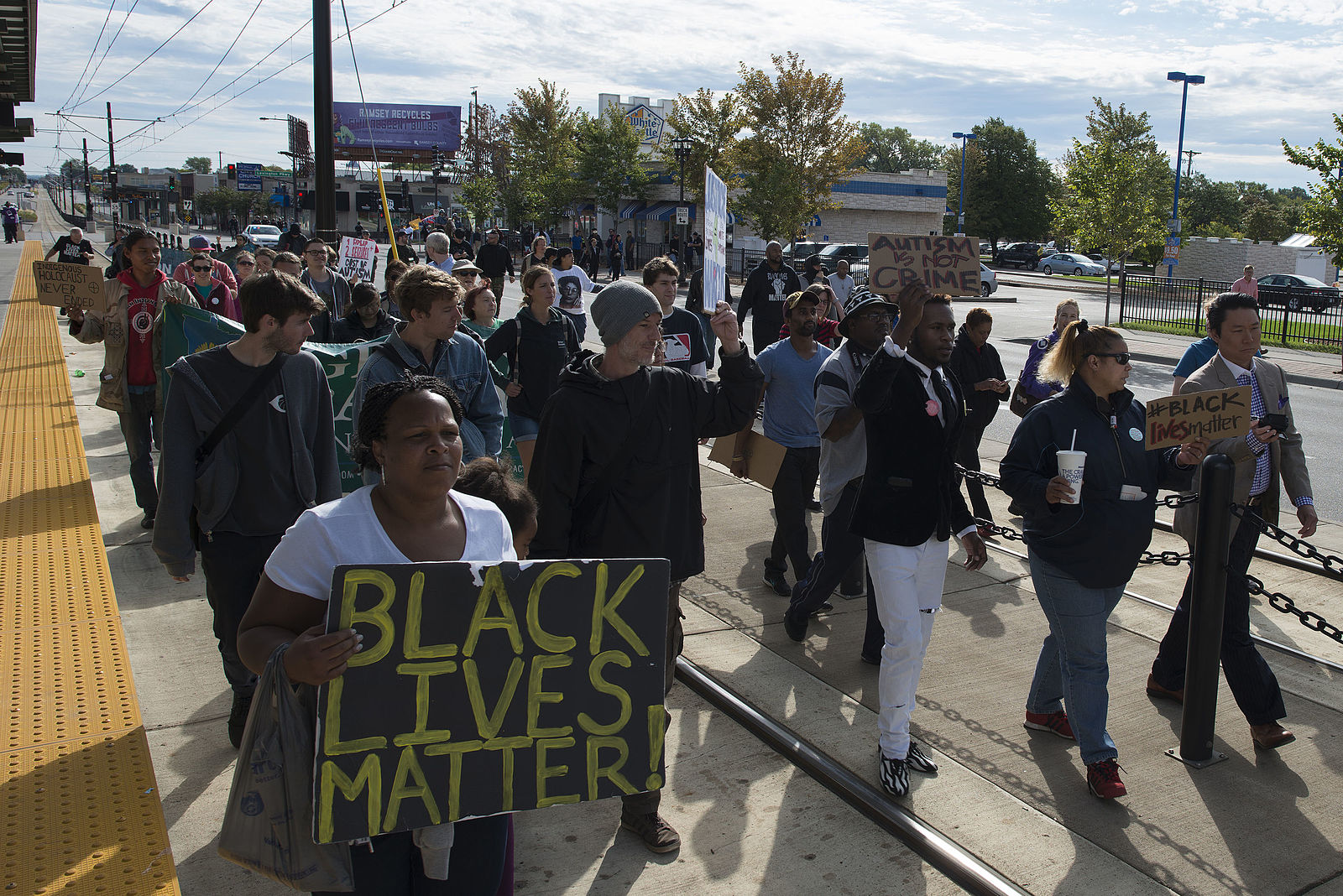The following is a note from Danielle Ohl, the editor in chief of The Diamondback, in regard to “The problem with today’s race war”:
On June 27, The Diamondback published “The problem with today’s race war,” an opinion column detailing one writer’s views on the Black Lives Matter movement and institutional racism.
As a news publication, The Diamondback adheres to the Society of Professional Journalists’ code of ethics, which urges media to “support the open and civil exchange of views, even views they find repugnant.” Controversial ideas have their place in sparking discourse and keeping our readers informed about the diverse opinions that make up the University of Maryland student body. Opinion columns reflect the view of the author and are unaffiliated with our news coverage, which is handled by different staff writers and editors. The Diamondback’s official stance on issues is expressed in staff editorials. For more information on our policies, please visit www.dbknews.com/policies/.
The Diamondback expects its columns to be factually accurate and well-reasoned, and this column did not meet our standards. We have left the column up in an effort to maintain transparency. We are taking steps to ensure all columns undergo a more robust editing process.
Two things that are often hard for people to talk about, and that many refrain from talking about, are race and politics. But if you’ve read any of my past columns, most of which are political, you’d understand why I find it okay to talk about race. Everyone is entitled to their opinions, and although people might present inaccurate accounts of many issues we face today, the issue of race is something that indeed must be discussed. A “race war” of sorts has always existed in our country because we have never fully ended racial tensions. That is why I find it important and appropriate to offer my take on today’s racial climate, especially when it comes to police brutality, Black Lives Matter and institutional racism.
What I find problematic about all of these issues and with people bringing racism back into the spotlight is that they escalate rather than alleviate racism. The Black Lives Matter movement is absolutely justified in the sense that certain incidents have shown incredible intolerance by law enforcement against minorities. My issue is that I don’t understand exactly what they hope to achieve. Actual laws and policies that expressly promote racism or discrimination have long vanished, and unfortunately, the movement isn’t going to solve the root and sole cause of racism, which is culture at large. Rather, the movement, could cause more conflicts between African Americans and law enforcement, and ultimately, it could continue to do so because what the movement, from what I could tell, teaches young black children is that they should fear and fight the police and that every issue they ever face in their lives will be because of racism. And although I believe the intent of the movement is in good faith and justified, the results are counteractive.
The falsified concept of “institutional racism” only promotes this way of thinking. When people point to institutional racism as the cause of certain issues, I fail to see what they are actually pointing at. Are they pointing at law enforcement agencies such as those in Baltimore and Dallas, where the departments are made up of 44 percent and 25 percent African American officers, respectively? Are they pointing at our black president, who has arguably the worst record on law enforcement issues out of all recent presidents in his seven-and-a-half-years in the White House? The fact of the matter is that when conflicts like these arise, everyone tries to find the scapegoat. The problem with this is that you can’t just point to certain people or groups and accuse them all of imposing fabricated injustices.
A typical response to those who at least bear some credit to my argument may be, “well if the issue isn’t political but rather cultural, then how do we end this race war?” If I, or anyone else, knew the answer to that question, this fight would be deescalating. My main point is that these movements and protests and violence only instigate racial tension instead of mitigating it. Of course, a race war wouldn’t be a war if there wasn’t more than one side. There are certainly those out there who impose incredible mistreatment on others because of their race, and there’s no place for that in the 21st century. My hope is that people of all races can find some sort of common ground toward solving these issues amicably, but I believe the multitude of races across America are about as divided as they’ve been since the mid-1900s.
Kyle Campbell is a junior government and politics major. He can be reached at kcampbelldbk@gmail.com.
EDITORS NOTE: A previous version of this column alleged that racial discrimination laws do not exist and that Black Lives Matter teaches children to fight back against police. Racially discriminatory laws do exist, though they are more subtle than those of the past, and Black Lives Matter pledges to commit to “peace in our engagements with one another,” according to its website. This story has been updated to correct factual errors and clarify the author’s observations from fact.



